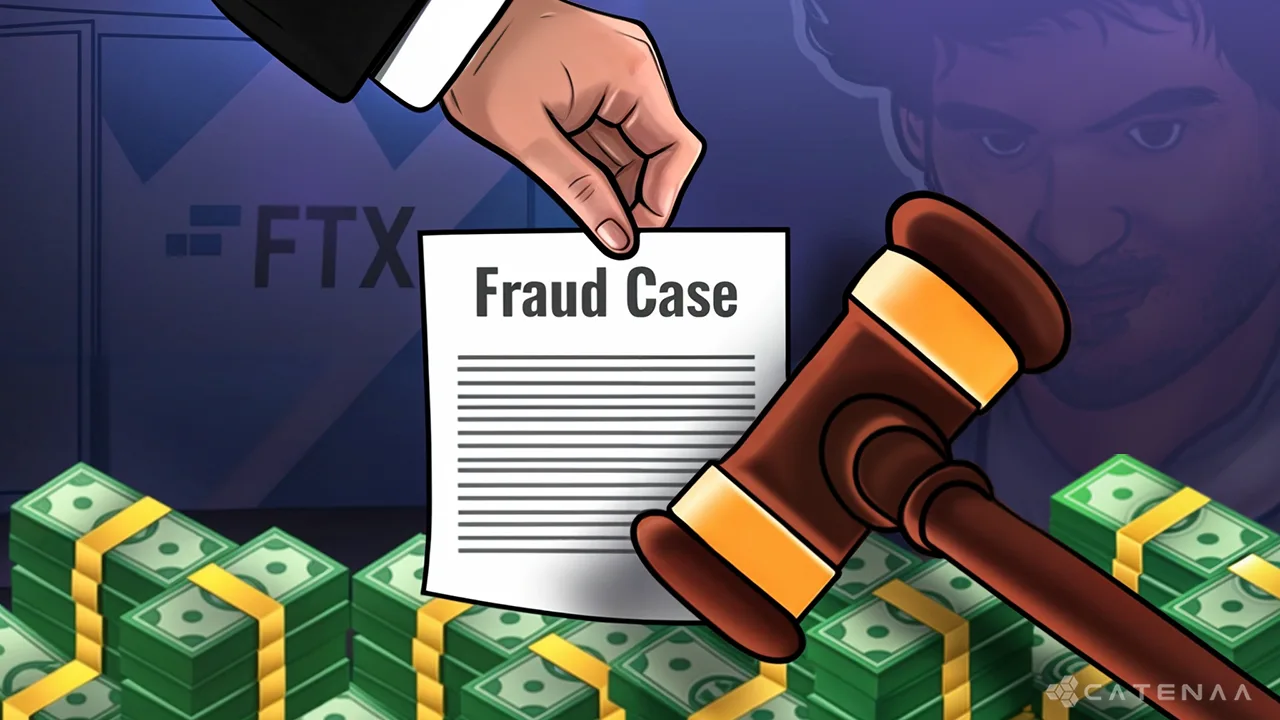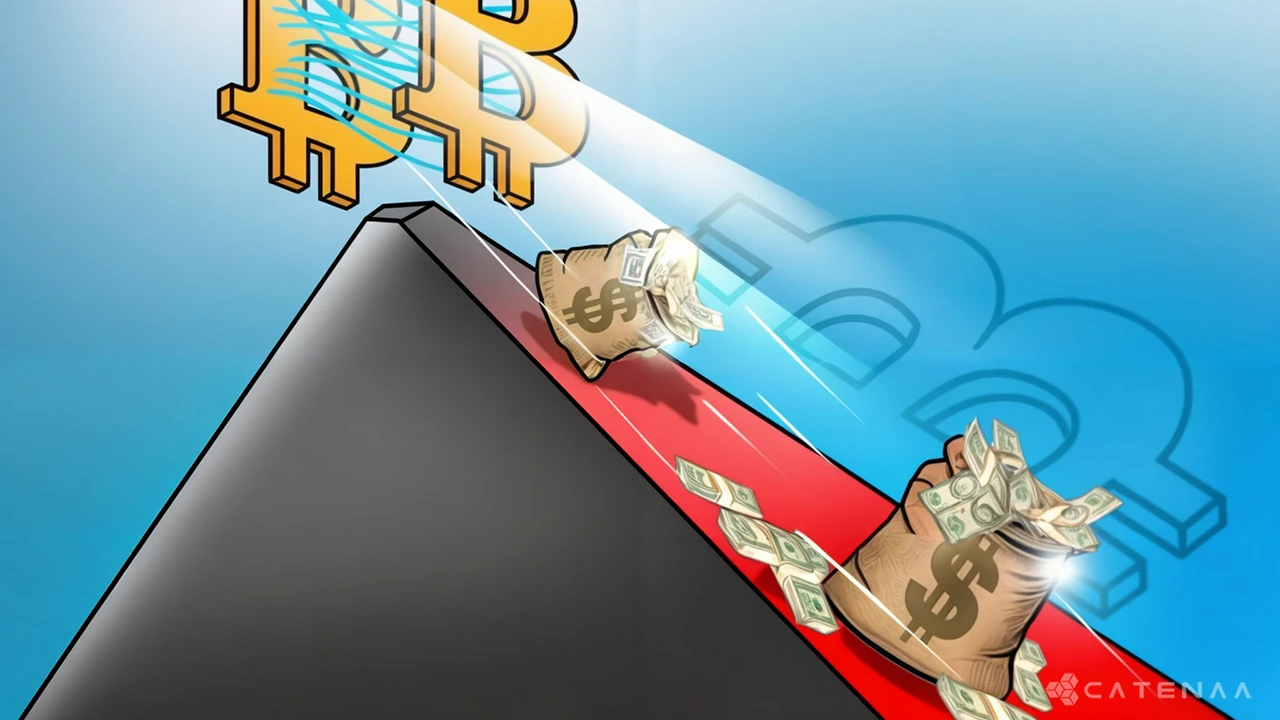New York, Friday, August 09, 2024- A US district court has ordered cryptocurrency exchange FTX and its sister company Alameda Research to pay $12.7 billion to fraud victims, marking the largest recovery in the history of the Commodity Futures Trading Commission (CFTC).
The ruling was issued by the U.S. District Court for the Southern District of New York and announced by the CFTC on Thursday, August 8.
The court’s consent order mandates FTX to pay $8.7 billion in restitution and an additional $4 billion in disgorgement.
The funds will be used to compensate victims of what the CFTC described as a “massive fraudulent scheme” orchestrated by FTX’s former CEO, Samuel Bankman-Fried, and key insiders within the now-bankrupt company.
The court holds that FTX misled its customers by promising to safeguard their assets while secretly commingling and misusing funds.
In addition to the financial penalties, the court imposed a permanent injunction to prevent further violations and required FTX and Alameda to cooperate with ongoing CFTC litigation.
CFTC says that not only is this multi-billion dollar recovery for victims the largest such recovery in CFTC history, but it achieved it with remarkable speed.
CFTC says the FTX used age-old tactics to create an illusion that it was a safe and secure place to access crypto markets. But the basic regulatory tools, like governance, customer protections, and surveillance that exist to identify misconduct and ultimately prevent collapse, were simply not there.
The ruling comes as the cryptocurrency industry faces increasing scrutiny from regulators and underscores the importance of robust oversight in digital asset markets.


